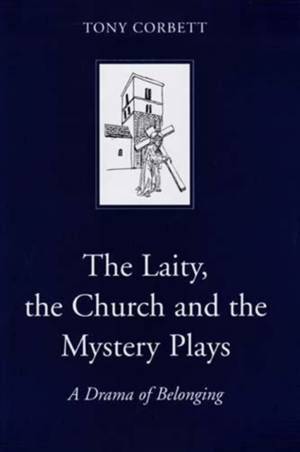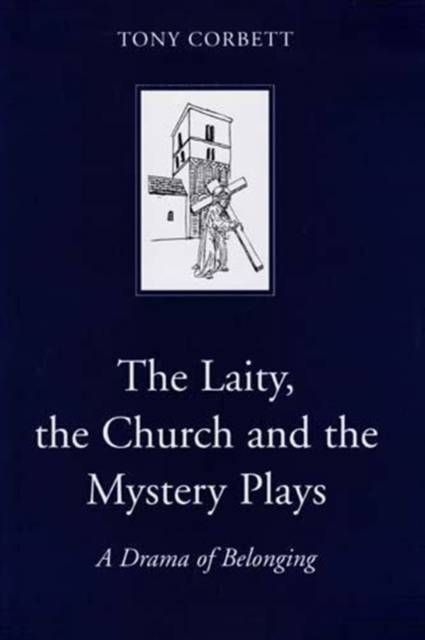
Bedankt voor het vertrouwen het afgelopen jaar! Om jou te bedanken bieden we GRATIS verzending (in België) aan op alles gedurende de hele maand januari.
- Afhalen na 1 uur in een winkel met voorraad
- In januari gratis thuislevering in België
- Ruim aanbod met 7 miljoen producten
Bedankt voor het vertrouwen het afgelopen jaar! Om jou te bedanken bieden we GRATIS verzending (in België) aan op alles gedurende de hele maand januari.
- Afhalen na 1 uur in een winkel met voorraad
- In januari gratis thuislevering in België
- Ruim aanbod met 7 miljoen producten
Zoeken
Omschrijving
Over the course of more than two hundred and fifty years, from the fourteenth century until well after the Reformation had become established, biblical plays were performed by groups of lay people across England. From the great public performances at York and Chester, to the private collection of the Towneley MS, the plays were an index of the spiritual and social concerns of a sizeable section of urban English people. This book sets out to examine historical, theological and textual evidence of those concerns. It proposes that the plays' agenda, while irrefutably orthodox, reflected a lay spirituality which was not always in accord with the disciplines of the medieval church. The plays provided a means for the expression of the spiritual needs of an increasingly self-aware and economically important laity. The book placesÃ?Â?Ã?Â?significant emphasis on textual close reading, and balances the mnemonic simplicity of the church's syllabus for the laity against the richness of the play texts. It examines the records of the guilds and fraternities responsible for some of the plays, and considers whether, in the light of their other activities, the main audience for the plays may have been the members themselves, rather than a wider public. The Laity, the Church and the Mystery Plays: A Drama of Belonging includes a Foreword by Dame Judi Dench.
Specificaties
Betrokkenen
- Auteur(s):
- Uitgeverij:
Inhoud
- Aantal bladzijden:
- 262
- Taal:
- Engels
- Reeks:
- Reeksnummer:
- nr. 1
Eigenschappen
- Productcode (EAN):
- 9781846821530
- Verschijningsdatum:
- 17/04/2009
- Uitvoering:
- Hardcover
- Formaat:
- Genaaid
- Afmetingen:
- 163 mm x 234 mm
- Gewicht:
- 521 g

Alleen bij Standaard Boekhandel
+ 153 punten op je klantenkaart van Standaard Boekhandel
Beoordelingen
We publiceren alleen reviews die voldoen aan de voorwaarden voor reviews. Bekijk onze voorwaarden voor reviews.









